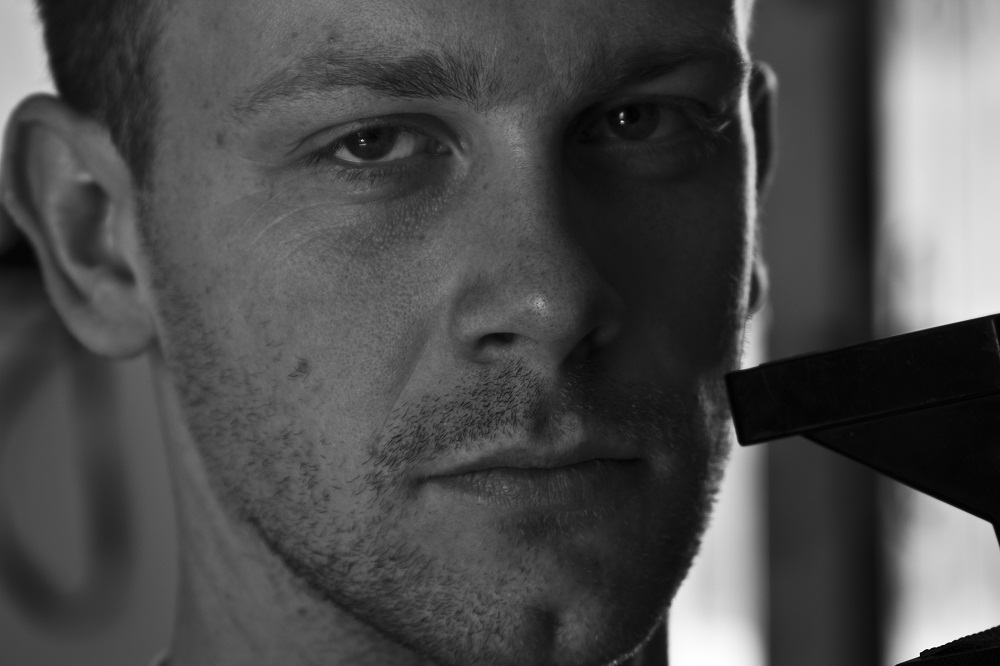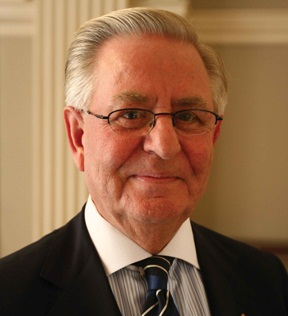TUNIS: Tunisia’s acting leaders looked into political reforms Sunday following the abrupt end of former strongman Zine El Abidine Ben Ali’s 23-year rule, as the Arab state veered towards chaos.
Soldiers and tanks were deployed around the capital Tunis after shops and homes were looted extensively and vandals set fire to the main railway station.
The crackle of gunfire echoed on Saturday in the largely deserted streets of the city centre, which was sealed off by security forces to prevent protests.
Tunisia has been under a state of emergency since Friday, with public gatherings banned and a strict dusk-to-dawn curfew in force.
After being formally sworn into office to take over from Ben Ali, the 78-year-old speaker of parliament Foued Mebazaa said that all Tunisians "without exception" would now be able to take part in national politics.
"A unity government is necessary in the greater national interest," Mebazaa said as the Constitutional Council declared that a presidential election should be held in two months’ time.
Outgoing Prime Minister Mohammed Ghannouchi, who had initially said he would be caretaker leader, started to sound out political parties and other groupings on an open political system aimed at breaking with that of Ben Ali.
On Saturday afternoon a number of well-known figures filed into the prime minister’s office, where they were received separately, according to Mustapha Ben Jaffar, head of the Democratic Forum for Work and Freedoms.
"The discussions revolved around measures to lay the basis for a real democratic process and turn the page on a failed system," Ben Jaffar told AFP.
On Sunday Ghannouchi was to meet these players to discuss the composition of a government of national unity and holding elections under international supervision.
Ben Ali’s party would not be left out of the process, Ben Jaffar added.
The exiled head of the main Tunisian Islamist party, which was banned by Ben Ali, told AFP that he now planned to return to his homeland.
"The Tunisian intifada has succeeded in collapsing the dictatorship," said Rached Ghannouchi, leader of the Ennahdha party, speaking from London.
There were chaotic scenes in and around Tunis on Saturday: luxury cars were seen smashed and abandoned near the city and shops and homes had been pillaged and burnt.
The violence appeared to target the property of Ben Ali’s family in particular.
Soldiers were seen dragging dozens of suspected looters from their cars at gunpoint and loading them into trucks at a checkpoint outside the city.
In one incident, plainclothes police officers wielding wooden sticks and truncheons were seen chasing two suspected looters and beating them.
In Monastir in central Tunisia at least 42 prisoners were killed in a fire after an inmate set his mattress alight — one of several attempted escape bids as prisoners apparently sought to take advantage of the chaos.
Imed Trabelsi, nephew of Ben Ali’s powerful wife Leila, died of a knife wound in the capital’s military hospital, a staff member told AFP Saturday.
It was not immediately clear how Trabelsi, the first confirmed victim in the former president’s immediate entourage, had been wounded, but reports circulating in Tunis spoke of a settling of accounts by one of his former colleagues.
In May he was "elected" mayor of the commune of La Goulette, north of Tunis, where he installed himself as supreme well before the vote was held.
Law suits had been started against him in France for organised crime after the theft of a swish yacht belonging to a bank executive close to President Nicolas Sarkozy and former president Jacques Chirac. His country refused to extradite him.
Ben Ali signed his resignation on Friday and fled to Saudi Arabia after a wave of protests sparked by the suicide of a 26-year-old university graduate prevented by police from selling fruit and vegetables to make a living.
Human rights groups say dozens of people have been killed in the protests, which began last month and have since escalated into a popular movement against unemployment, poverty and the alleged corruption of the ruling elite.
International powers including European nations and the United States urged calm in Tunisia and called for democracy after events that Tunisian Internet users have dubbed the "Jasmine Revolution".
France, once one of Ben Ali’s closest allies and Tunisia’s former colonial overlord, said that the people of Tunisia had "expressed their democratic will" and called for "free elections in the shortest time possible."
The Arab League said the overthrow of Ben Ali was a "historic" event.
The revolt in Tunisia "is the first popular uprising to succeed in removing a president in the Arab world," said Amr Hamzawy, an analyst at the Carnegie Middle East Centre based in Beirut.
"It could be quite inspiring for the rest of the Arab world."
Ben Ali came to power in a bloodless coup in 1987 at a time of stagnation for Tunisia and was initially hailed by many for enacting liberal reforms but the lavish lifestyle of his inner circle sparked outrage in recent years.
As tensions have grown, thousands of holidaymakers have been evacuated from the Mediterranean nation’s famous beach resorts, and Europe and the United States have advised their citizens against non-essential travel to the country.



